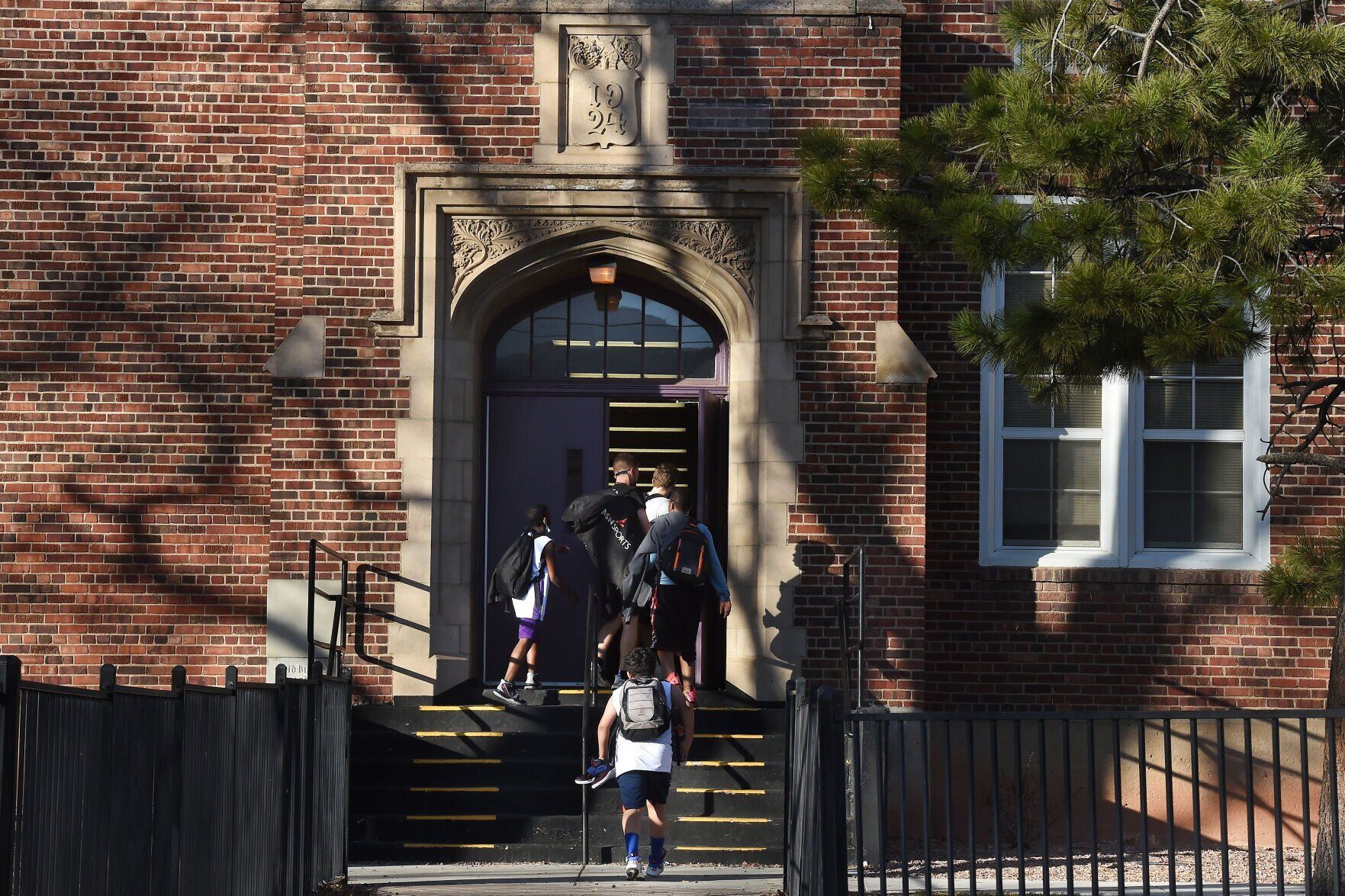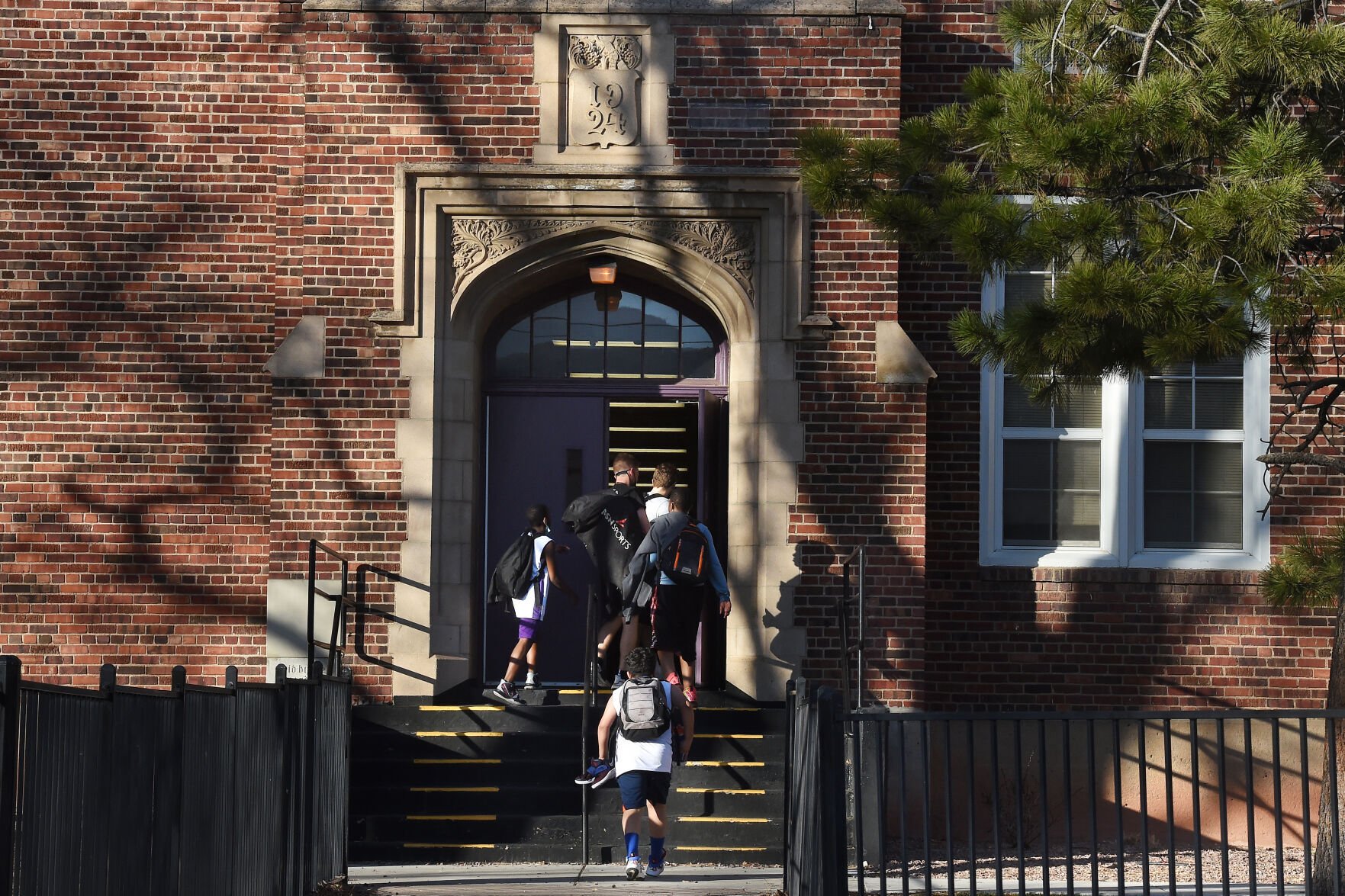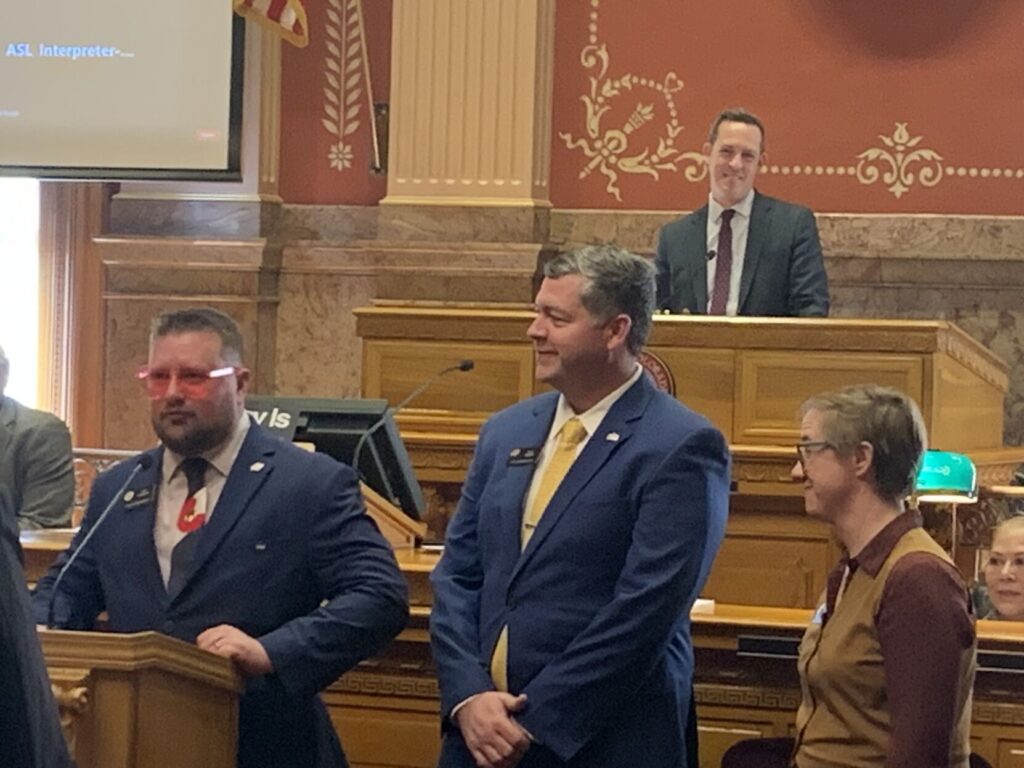Proposal for mental health screenings in middle, high schools sent to Polis

Colorado schools could soon offer mental health screenings to sixth through 12th graders if a bill that cleared the General Assembly is signed into law.
House Bill 1003 would create a mental health assessment program for Colorado middle and high school students, allowing schools to opt-in to identify mental health concerns and refer students to support programs. The state legislature passed the bill on Tuesday, sending it to the governor for final consideration.
The bill would also indefinitely continue the “I Matter” program, currently set to expire in June 2024. The program, created by House Bill 21-1258, provides free mental health screenings and six free therapy sessions to youth across the state.
“We really have a problem right now,” said bill sponsor Sen. Lisa Cutter, D-Littleton. “This bill follows current laws and is just providing additional opportunities for kids to receive therapy if they need it. Just an opportunity to talk to someone and proceed with other services if it might be necessary.”
Suicide is the leading cause of death for Coloradans aged 10 to 19, with Children’s Hospital Colorado declaring a state of emergency for youth mental health in 2021.
In Colorado, 7.2% of students have attempted suicide in the last year, 17.1% seriously considered suicide and 20.3% purposely harmed themselves, according to the most recent state survey from 2021. Nearly 40% of students felt sad or hopeless for weeks straight and nearly 50% felt stressed daily.
The House re-passed HB 1003 on Tuesday in a 46-19 vote, following the Senate’s 23-12 passage on Monday. In both chambers, all Democrats voted in support of the bill and all Republicans voted against it.
Most opponents criticized the bill for a provision allowing students 12 years old and older to participate in the school mental health screening against their parents’ wishes, allowing those students to take the assessment even if their parents opt them out. This portion of the bill was removed by an amendment in the Senate.
“It’s a real violation of parental rights,” said Rep. Brandi Bradley, R-Littleton, of the pre-amended bill. “We’re heading down a very, very bad path when we take parent consent out of any bill. … When does a 12-year-old get to decide when they’re mentally competent to do x, y and z?”
Under the final bill, schools must notify parents of the mental health screening and explain when and why it is taking place. Parents would have 14 days to opt their child out of participating.
Though the final version of HB 1003 no longer explicitly says students 12 years old and older can take the mental health assessment without parental permission, bill sponsor Rep. Dafna Michaelson Jenet said this would still be the case.
This is because current law already allows children 12 and over to access psychotherapy services without parental consent.
“(The bill) does nothing to change the law of the age of consent from 12. That law stays the same,” said Michaelson Jenet, D-Commerce City. “A lot of kids won’t know, which is a shame, but kids’ rights are still protected. … If it’s the day of the mental health exam, they would just go and do it.”
Proponents of the bill said parental stigma around mental health issues can keep kids from accessing needed care. Allowing parents to prevent children from the mental health assessment could also make it more difficult to identify abuse or mistreatment in the home.
In Colorado, 26.5% of students said they do not have an adult to go to for help with serious problems, the 2021 state survey found. Nationally, only around 20% of children with mental, emotional and behavioral disorders receive specialized care.
Under the bill, parents are still informed if a student is deemed to be in danger. If the mental health screening finds that a student is at-risk of attempting suicide, self-harm, harming others or is in crisis, the student’s parents and school would be notified, and the family could be connected to treatment options, such as the “I Matter” program.
Though the Republican opponents succeeded in amending the bill, in the end, no Republican lawmakers voted in support of it.
“I am in favor of the concept of this bill … I do want to see this pass,” said Sen. Jim Smallwood, R-Parker, while voting against the bill. “When it comes to stemming teen suicide, I think this is a really good way to do it. … It’s not radical at all for schools to assess our kids.”
Smallwood said he voted against the bill because the providers that would conduct the mental health assessments have not yet been identified, and parents have to opt-out their children instead of opt-in to get the assessments.
HB 1003 will be sent to Gov. Jared Polis for consideration in the coming days. If signed, the bill would take effect immediately.














